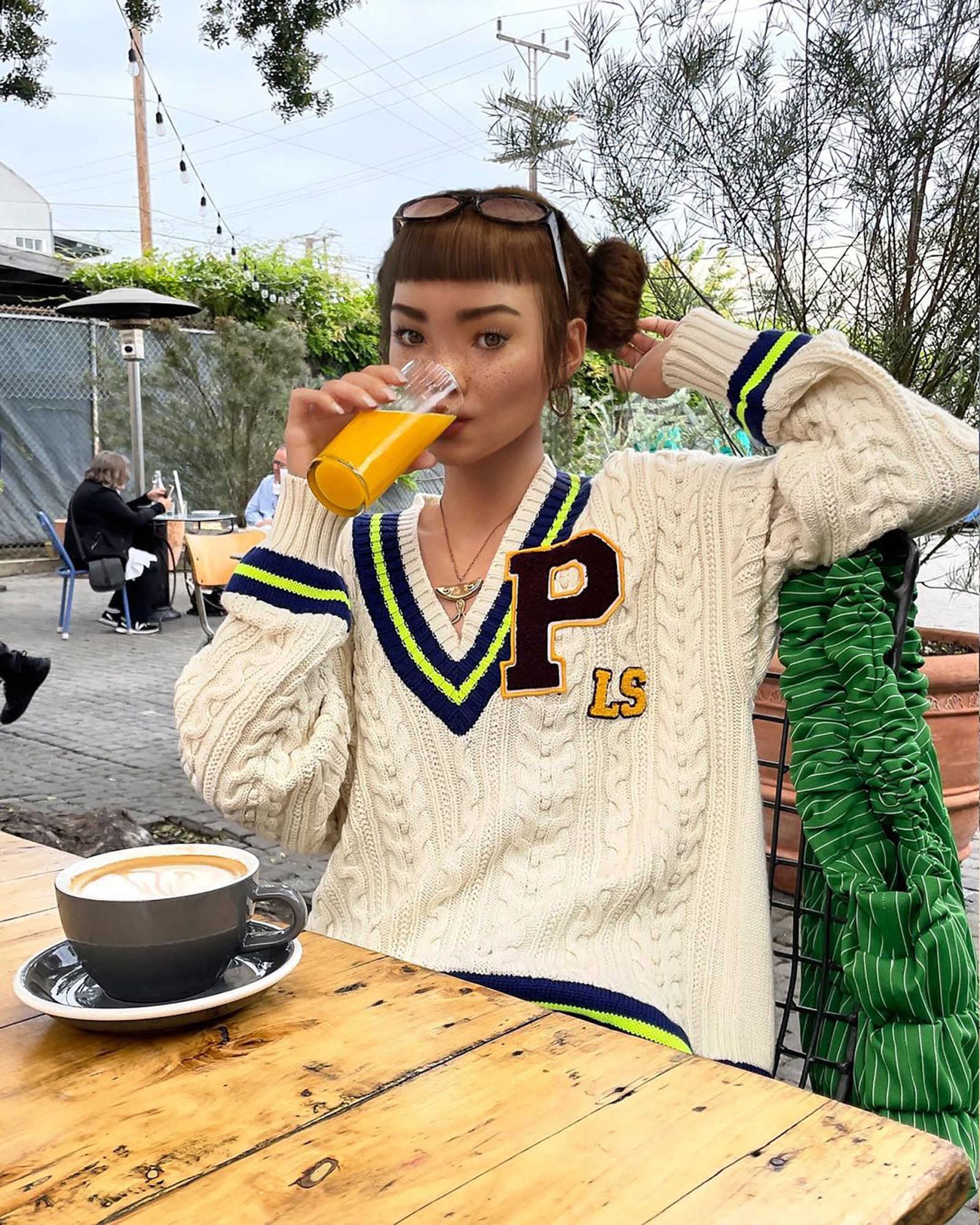New regulations in Norway are pushing back against unrealistic beauty standards on social media platforms in an effort to curb body dysmorphia in the country. Amendments to the 2009 Marketing Act make it illegal for influencers to share retouched photos of their body in promotional posts on social media, without acknowledging the image has been edited. To many, the law is a welcome step in the right direction, but as platforms such as Instagram and TikTok continue to grow in users and become increasingly commercialised, is it enough?
According to the amendments made by the Norwegian Ministry of Children and Family Affairs and passing with a sizeable 72 to 15 votes in government, advertisements with alterations to a body’s size, shape or skin will need to be marked with a standardised label designed by the Ministry. It also directly implicates celebrities and influencers who “receive any payment or other benefit” from a post on social media. These changes will not only cover images where lips, waistlines and muscles are exaggerated after the photo is taken, but also those created with a filter in place. Violations of the law will face escalating fines, with extreme cases potentially facing imprisonment.
The hope is the enforcement of a label will create more clarity about where a body image being presented is fake, maybe even putting advertisers and creators off from retouching their photos in the first place. However the Ministry does recognise that the law may be difficult to enforce since it’s not always easy to tell when an image has been edited.
Another issue raised by the law is that it’s also unclear whether adjustments to lighting or saturation in photos will be considered a violation. Though both are common techniques used in photography they can sometimes be used to lighten models skin tones and feed into ideas of whiteness.
Nonetheless, the bill has received widespread support from Norway’s influencer community according to local newspaper Verdens Gang, with several saying it brings a sense of reality to the idea of unattainable bodies while also keeping filters from becoming problematic. “Filters [are] something that should be fun, something you can laugh at, or be allowed to have a realistic butterfly on your face. Not to create a false beauty ideal,” said influencer Annijor Jørgensen in the article.
Some influencers have called for the law to go further by extending the regulations to all content, but again, it’s unclear how this would be policed. And because these rules only apply to those in Norway so far, Norwegian users will still come across edited posts of influencers and celebrities abroad.
The proposed laws come amid a cultural conversation in Norway surrounding the concept of ‘kroppspress’, which literally translates to “body pressure”, and its effect on the mental health of young people in the country. “Body pressure is always there, often imperceptibly, and is difficult to combat,” The Ministry said in a statement. “The measure will hopefully make a useful and significant contribution to curbing the negative impact that such advertising has, especially on children and young people.
With TikTok recently getting called out for a glitch that implemented filters on users’ videos without their approval, and as the platform opens its own virtual shopping market similar to Instagram and Facebook, our social media feeds are rapidly changing, becoming more and more commercialised. As Norway waits for the King to enact the new amendments into law, the jury is still out on just how much of an impact the change will have in controlling unrealistic beauty standards pervading social media and advertising in the country.


